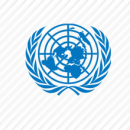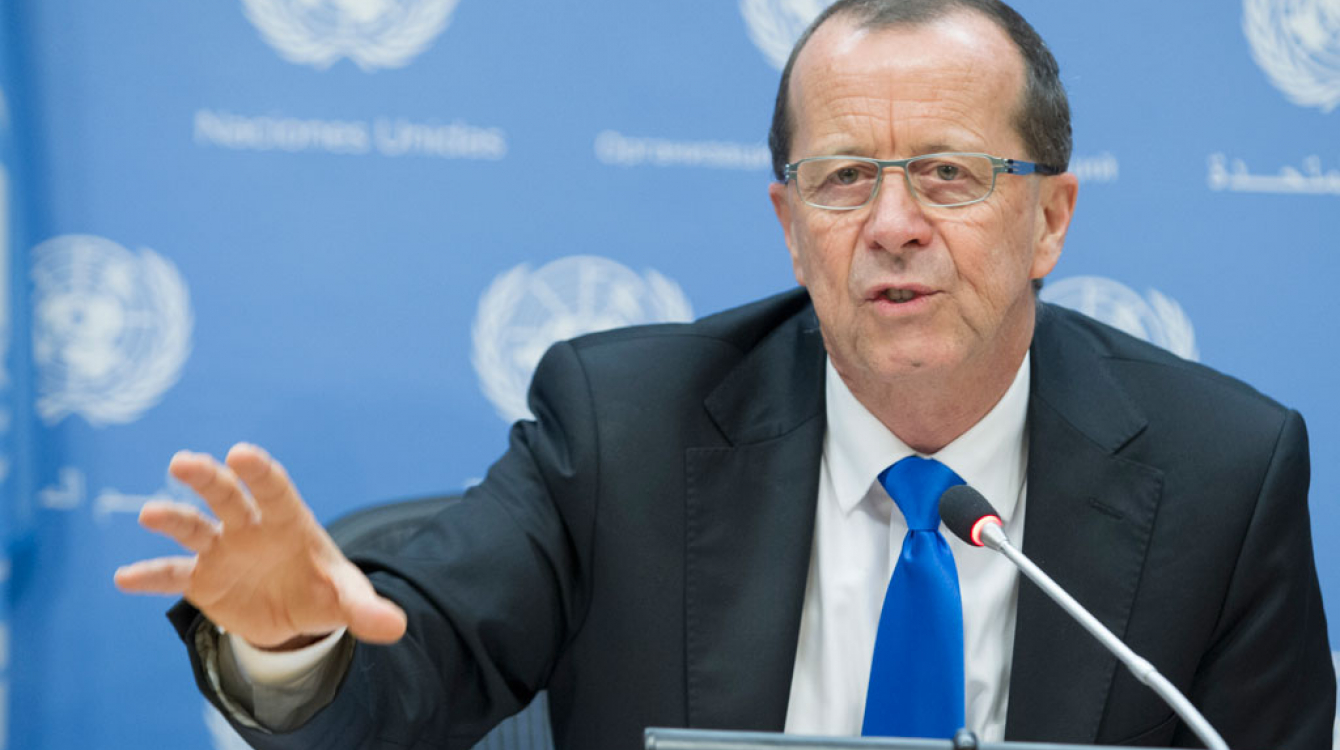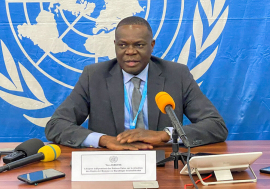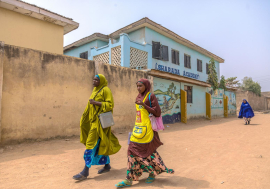UN envoy for Libya welcomes 'major breakthrough' on formation of unity government
UN envoy for Libya welcomes 'major breakthrough' on formation of unity government
15 February 2016 – Welcomes the announcement by the Libyan Presidency Council on the formation of the Government of National Accord, the United Nations envoy there called today on the House of Representatives “to do what is right for Libya and its people” and endorse the nomination of the national unity government.
“It's now their [members of House of Representatives] responsibility to save their country from the scourge of further conflict and destruction,” said Martin Kobler, the Special Representative of the Secretary-General and Head of the UN Support Mission in Libya (UNSMIL).
“This is an historic opportunity for peace that should not be missed,” he added.
While congratulating on the Presidency Council on the nomination of a unity government that promises “a new beginning for Libya,” Mr. Kobler urged all members of the House under its speaker Agila Saleh, to assume their responsibilities set forth in the Libyan Political Agreement, and to “do what is right for Libya and its people” by endorsing the proposed unity government.
Mr. Kobler stressed that the Libyan people would be looking to the new Government to move with authority and determination to re-unite State institutions, and restore stability and security across Libya. He also called on the Libyan people and all relevant political and security actors to wholeheartedly embrace the new government and give it a chance to govern.
UNSMIL was established in 2011 by the UN Security Council at the request of the Libyan authorities following six months of armed conflict to support the country's new transitional authorities in their post-conflict efforts.
















